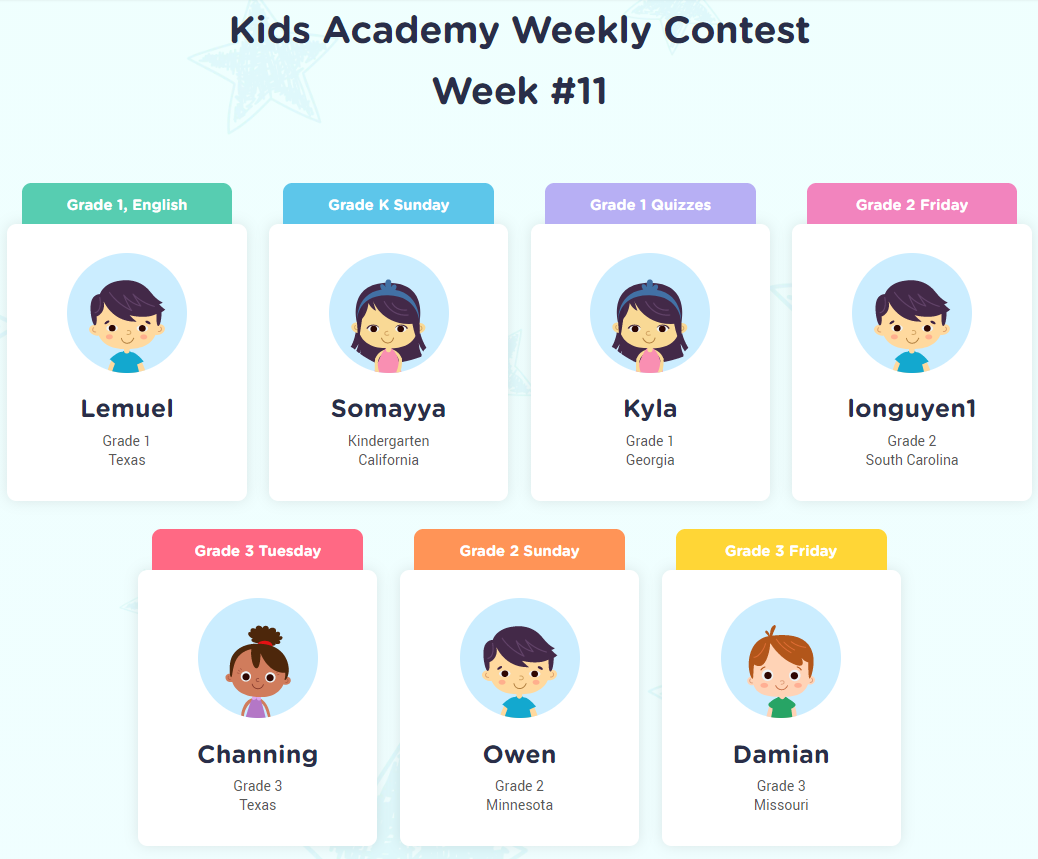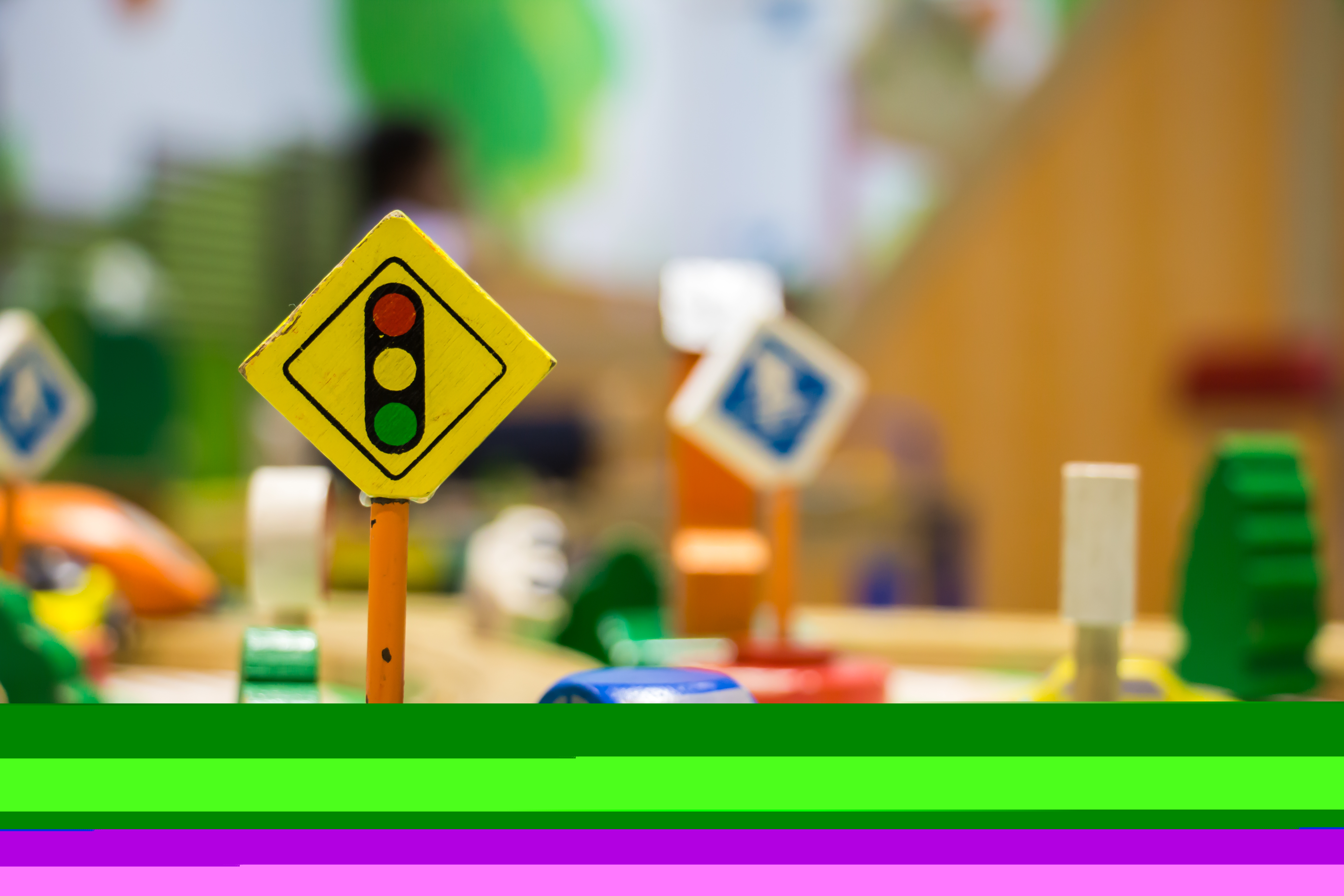Logic development Worksheets for Ages 4-6
3 filtered results
-
From - To
Discover our engaging Logic Development Worksheets designed specifically for children ages 4 to 6! These worksheets promote critical thinking and problem-solving skills through fun puzzles, pattern recognition, and sorting activities. Tailored to nurture young minds, our resources encourage kids to think logically while developing reasoning abilities in a playful manner. Whether at home or in the classroom, these worksheets offer the perfect blend of education and entertainment. Help your child enhance their cognitive skills, boost their confidence, and prepare them for future learning successes. Start exploring our collection today and embark on an exciting journey of logic skill development!
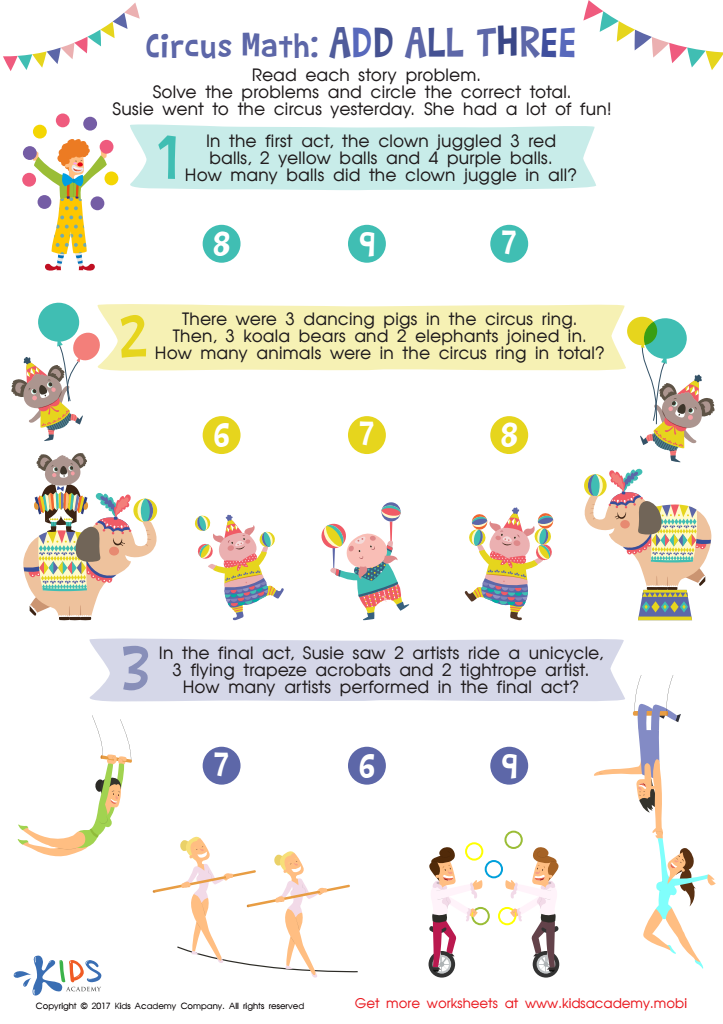

Circus Math Printable
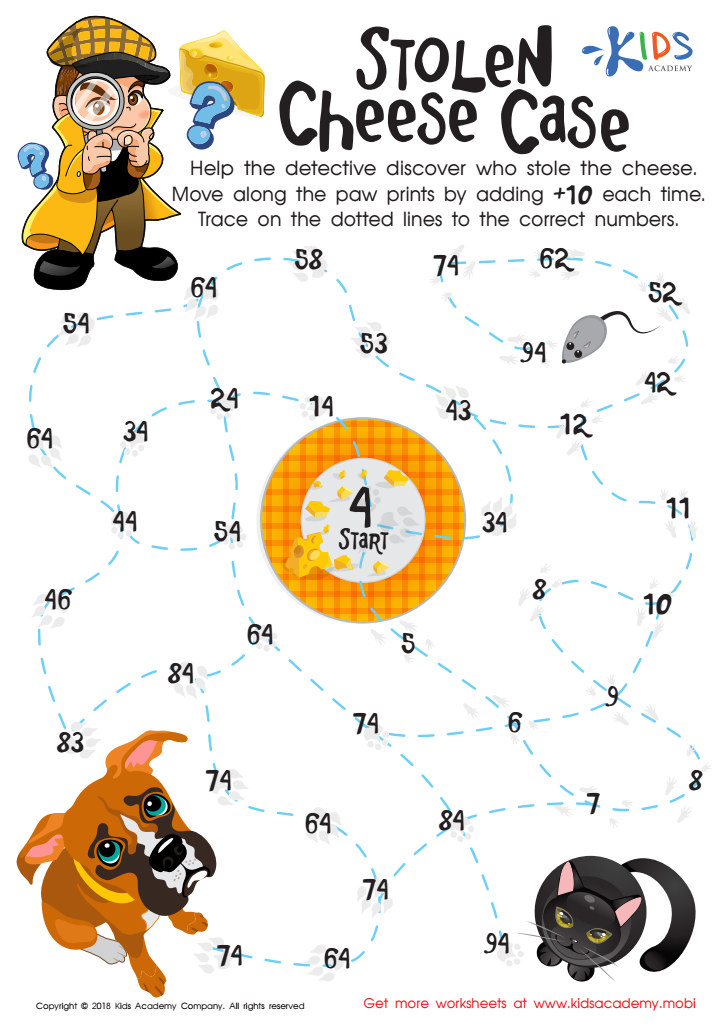

Stolen Cheese Case Maze Worksheet
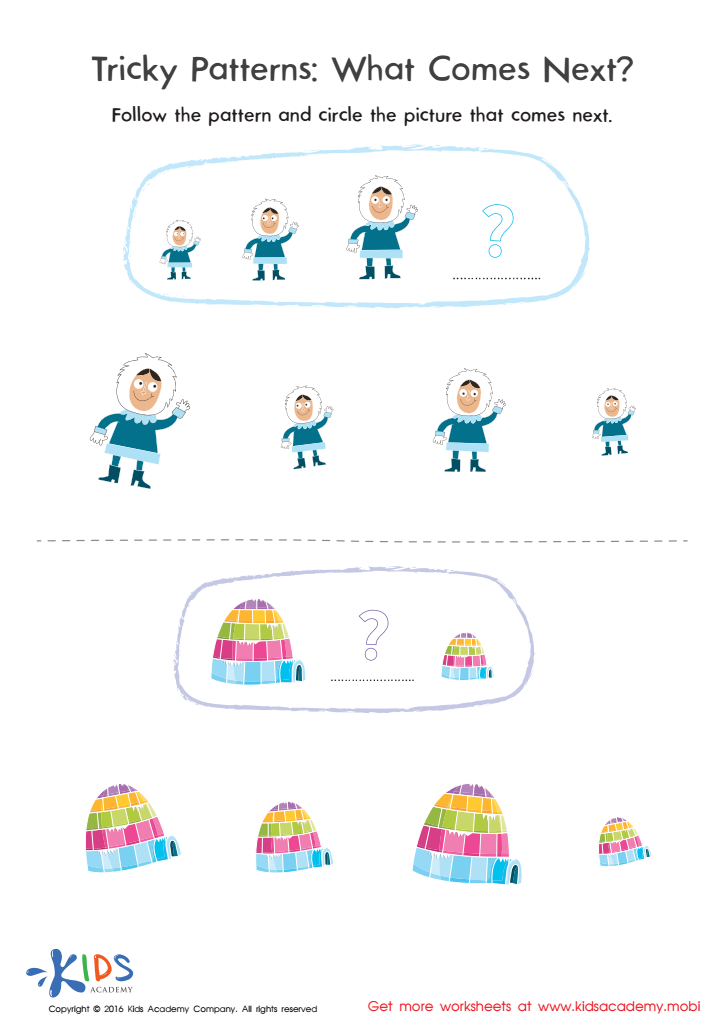

Tricky Patterns Size Worksheet
Logic development in children aged 4-6 is crucial for several reasons. At this stage, children are rapidly developing cognitive skills essential for problem-solving and reasoning. Engaging in logical activities enhances their ability to think critically, make connections, and understand relationships between concepts. This foundational thinking is vital for later academic success and effective decision-making in life.
Encouraging logic development helps children learn to categorize, make predictions, and see cause-and-effect relationships. These skills not only facilitate understanding in subjects like math and science but also foster creativity and strategic thinking. Through logical play and activities, children become adept at analyzing situations, weighing options, and drawing conclusions, skills applicable to everyday challenges.
Additionally, supporting logical reasoning during these formative years can build confidence and resilience. Children learn that making mistakes is part of the learning process, and they develop perseverance in problem-solving endeavors. This contrast between logical reasoning and imaginative play also enhances their social interactions, allowing them to negotiate, cooperate, and communicate effectively with peers.
In summary, nurturing logic development for ages 4-6 is essential as it lays the bedrock for lifelong learning, critical thinking, and emotional intelligence, ultimately preparing them for future academic and social engagements.

 Assign to My Students
Assign to My Students




